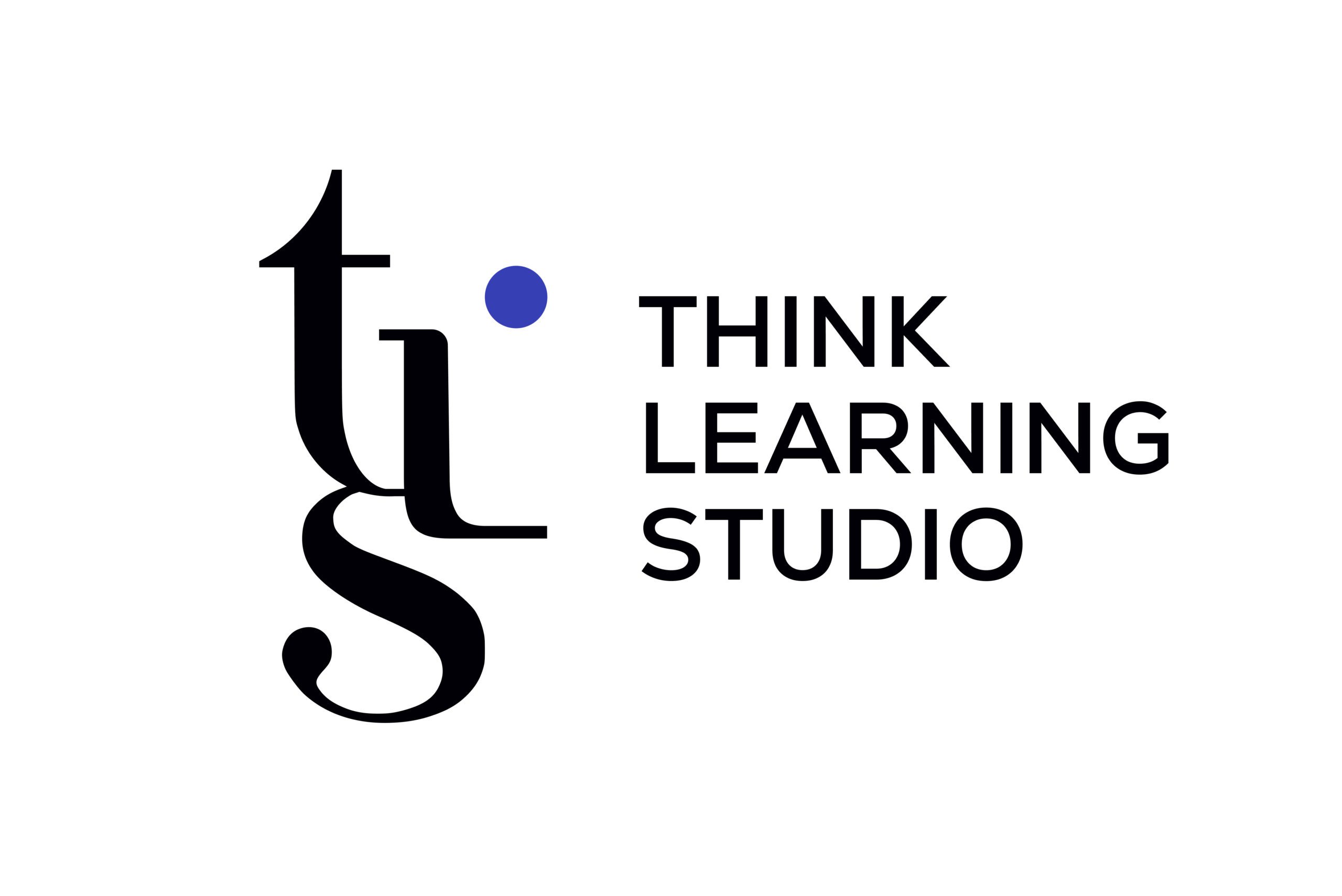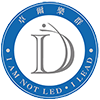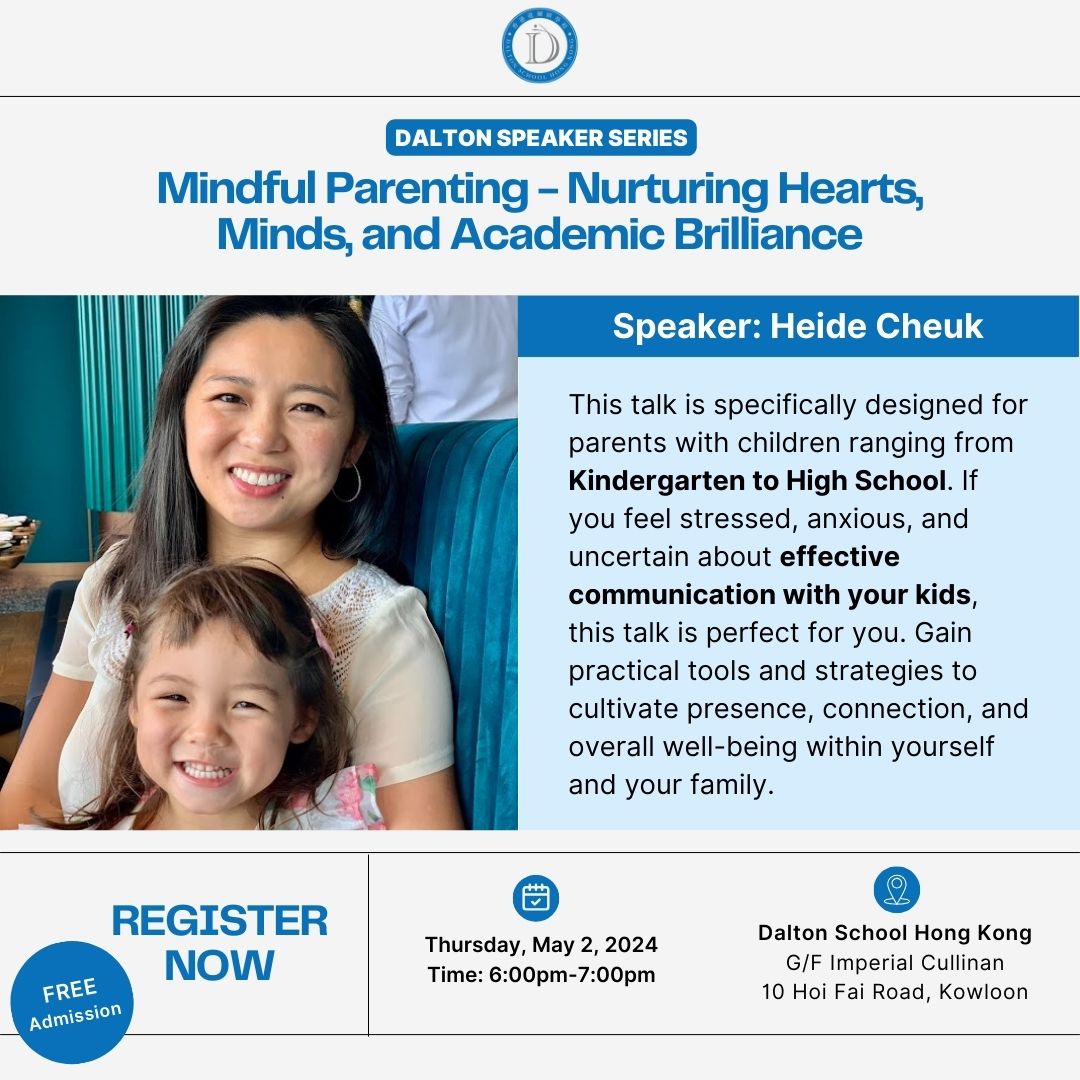Middle School
 In November 2023, DSHK Secondary School announced that it will partner with Think Learning Studio, which began at THINK Global School, the only traveling high school of its kind in the world. THINK Global School was recently featured in the 2024 Spear’s School Index, which recognizes the top 100 private schools in the world.
DSHK is excited to partner with Think Learning Studio to design a dynamic, real-world, project-based curriculum, DSHK’s own Changemaker Curriculum. The Changemaker Curriculum combines high academic standards with interdisciplinary, project-based learning. Drawing from the 21st Century’s most innovative and effective educational models, the Changemaker curriculum is structured around three key principles:
Mastery
The Changemaker curriculum is a process, thinking-based approach rather than an emphasis on rote memorization and facts. The pursuit of mastery involves three stages: 1) apprentice; 2) specialist; and 3) mastership. Students are expected to attain a specialist (analyze, evaluate, and apply) level in the core disciplines and reach mastership in the areas of passion.
Autonomy
DSHK’s motto is “I am not led, I lead.” This is central to the principle of autonomy, in that students are put in the driver’s seat of their learning through voice and choice and supported by the personalized feedback from teachers and advisors. Within the Changemaker curriculum, students are given time to meaningfully pursue areas of interest and passion.
Purpose
“With great power, comes great responsibility.” As the Changemaker curriculum equips students with 21st century skills, it is important that students also learn their role as part of a broader local and global community. Through the project-based learning approach, students are encouraged to use what they have learned to promote positive change.
In November 2023, DSHK Secondary School announced that it will partner with Think Learning Studio, which began at THINK Global School, the only traveling high school of its kind in the world. THINK Global School was recently featured in the 2024 Spear’s School Index, which recognizes the top 100 private schools in the world.
DSHK is excited to partner with Think Learning Studio to design a dynamic, real-world, project-based curriculum, DSHK’s own Changemaker Curriculum. The Changemaker Curriculum combines high academic standards with interdisciplinary, project-based learning. Drawing from the 21st Century’s most innovative and effective educational models, the Changemaker curriculum is structured around three key principles:
Mastery
The Changemaker curriculum is a process, thinking-based approach rather than an emphasis on rote memorization and facts. The pursuit of mastery involves three stages: 1) apprentice; 2) specialist; and 3) mastership. Students are expected to attain a specialist (analyze, evaluate, and apply) level in the core disciplines and reach mastership in the areas of passion.
Autonomy
DSHK’s motto is “I am not led, I lead.” This is central to the principle of autonomy, in that students are put in the driver’s seat of their learning through voice and choice and supported by the personalized feedback from teachers and advisors. Within the Changemaker curriculum, students are given time to meaningfully pursue areas of interest and passion.
Purpose
“With great power, comes great responsibility.” As the Changemaker curriculum equips students with 21st century skills, it is important that students also learn their role as part of a broader local and global community. Through the project-based learning approach, students are encouraged to use what they have learned to promote positive change.DSHK adopts the language learning goals of Tsinghua Primary School to provide students with a high-level Chinese language education. The Tsinghua Primary School language curriculum focuses on three main language learning goals: nurturing students to be thoughtful individuals with Chinese values, good eloquence, good handwriting, and good writing ability, including reading and writing. In addition, students need to integrate knowledge through research, application and reflection, and embody comprehensive language abilities. DSHK students meet high standards for Chinese language proficiency through various teaching methods, such as the Reader’s Workshop, the Writer’s Workshop, and drama education, to achieve high-level oral and written communication abilities in Chinese. DSHK also encourages students to read from an early age and cultivate good reading habits.
DSHK adopts textbooks that are well recognized in mainland China and the school uses traditional Chinese characters. The textbooks systematically introduced basic language content and skills, with emphasis on Chinese traditions. Most of the texts are adapted from famous scripts from China and the rest of the world, classical poems, and folk myths. Excellent selections of the texts help students develop good reading and writing habits, improve listening, speaking, reading, writing and presentation skills, gradually lay a solid language foundation for students, and cultivate high-quality Chinese literacy.
Dalton students learn Chinese language through the thoughtful and rigorous use of the Tsinghua textbook in a student-centered, bilingual environment, while balancing the best practices for language development. Students make Chinese language learning fun and engaging through classroom activities, games, social interactions, and story exploration. Students also participate in various competitions such as recitation festivals, reading competitions inside and outside of school, and essay competitions to showcase and affirm their Chinese language proficiency.
Grade 6: Folklore studies (民間故事), Ancient poetry (古詩詞), Prose (散文), Novels
Grade 7: Travel stories (遊記), Expository Writing (說明文), Persuasive Writing (議論文), Novels
Grade 8: Biography (人物傳記), Classic Masterpieces (古典名著), Newspaper Column Article (報章雜文), Novels
DSHK utilizes a balanced literacy approach to English language learning that emphasizes five key areas: reading development, writing development, oral language development (speaking and listening), grammar, and vocabulary acquisition. The balanced literacy approach consists of using multiple methods to teach literacy, e.g. read aloud, shared reading/writing, and guided reading/writing, and 1:1 conferring.
The English Language Arts (ELA) curriculum, built upon the US Common Core and Columbia University Teachers College Readers and Writers Units of Study, is a comprehensive framework designed to develop students’ literacy skills and critical thinking abilities. The curriculum integrates the standards set by the Common Core State Standards (CCSS) and incorporates the instructional approach developed by educator Lucy Calkins and her team of highly qualified and universally acknowledged educators/researchers.
The curriculum emphasizes the development of students’ reading, writing, listening, and speaking skills. It provides a balanced approach to ELA instruction by combining foundational skills, such as fluency and grammar, with higher-order thinking skills, such as analysis, interpretation, and argumentation. Students are taught to read and write the way professionals read and write. They plan, draft, revise, edit, and publish pieces of work and are provided with individualized feedback throughout the process. The curriculum is organized into thematic units or modules that explore various genres, literary elements, and real-world topics adapted for the interested and contextual understandings of our student population.
The Units of Study framework provides a structured approach to teaching writing skills, focusing on the writing process, craft, and conventions. It emphasizes the importance of modeling, guided practice, and independent writing to foster students’ growth as proficient writers. Overall, the ELA curriculum aims to equip students with the necessary language and literacy skills to engage with complex texts, express themselves effectively, think critically, and become lifelong learners in the 21st century.
Grade 6: Character Studies; Nonfiction Essays; Social Issues Book Clubs
Grade 7: Author Studies; Essential Research Skills; Historical Fiction Book Clubs
Grade 8: Literary Nonfiction; Contemporary Fiction; Dystopian Book Clubs
DSHK mathematics program uses a student-centered, problem-solving approach that focuses on developing students’ mathematical habits of mind to reason, visualize, take risks, conjecture, communicate ideas, think flexibly, and apply knowledge in contexts that ultimately increases their interest in mathematics and promotes talk and collaboration. DSHK students are trusted and encouraged to pose problems, generate unique solutions, and question, “What if?” to instill a belief that they can use mathematics to solve future unknown global challenges.
The DSHK mathematics curriculum, developed from the United States Common Core State Standards and the Advanced Illustrative Mathematics curriculum, encapsulates the big ideas or key principles of mathematics. In the DSHK mathematics framework, middle school students grapple with rational number operations, developing algebraic, geometric, and proportional reasoning, and probability and statistics. Recognizing the rich mathematical traditions of Chinese instruction and embracing current mathematics research, the DSHK mathematics curriculum blends and balances the strengths of both. Our curriculum is structured around real world problems that allow students to make connections across representations and build upon prior knowledge. The middle school math curriculum is designed to provide students with a strong foundational base that will enable them to take advanced courses in mathematics in high school, such as Calculus and/or Statistics.
Grade 6: Geometry; Rational Numbers; Proportional Relationships, Equations and Expressions; Data and Distribution
Grade 7: Transformations and Congruence; Scale, Similarity, and Slope; Inequalities, Expressions, and Equations; Linear Relationships; Functions and Volume; Pythagorean Theorem and Irrational Numbers
Grade 8: Real Numbers and Expressions; Functions; Linear Equations, Inequalities, and Functions; Systems of Equations and Inequalities; Quadratic and Exponential Equations and Functions; and Data Analysis and Statistics
The Science and Engineering curriculum emphasizes the importance of experimentation and inquiry. Providing opportunities for our students to try and to fail and to learn from that failure is a critical element to each child’s learning trajectory. Embedded within every curricular unit are structural elements that encourage students to generate questions, design experiments and observe and collect evidence to make sound conclusions. Students engage in active explorations of life, physical and earth science as they make connections to the natural world around them.
As DSHK scientists and engineers, students in the lab are also responsible for collecting materials, conducting experiments, using scientific tools to measure, collect and analyze data, and for reporting their findings back to the group. The Science and Engineering curriculum is built upon the NextGen Science standards. The middle school content areas of focus include:
Grade 6: Ecosystems and Climate; Waves; Energy; Forces and Interactions; Processes that Shape the Earth
Grade 7: Waves and Electromagnetic Radiation; Structure, Function, and Information Processing; Organisms and Ecosystems
Grade 8: Interdependent Relationships in Ecosystems; Growth, Development, and Reproduction of Organisms; Natural Selection and Adaptation
DSHK places a strong emphasis on Chinese culture, and this includes providing a rich history and civics education. History allows students to understand the traditions of human civilization and analyze the development of human society in order to better understand contemporary Hong Kong, China, and the greater world. DSHK’s approach to history differs from a traditional international school because we start with our students’ culture and use the local context to help bring social studies and civics to life, rather than imposing another country’s system and beliefs upon students. We expect our students to understand their own culture and history and seek to understand and make connections to broader global cultures and histories. The course integrates geography, history, and culture, cultivates students’ interest in humanities learning, and explores the influence of the geographical environment on culture and society through research methods. Preliminary study of history helps students understand the basic structure of society in the past, and how major events affected social development. By contrasting and comparing the modern and ancient technology, education, culture, and political institutions, students will explore how human progress is closely related to the factors. The course focuses on cultivating students analyzing historical events from different perspectives, and understanding the concepts. Students will have a chance to develop global competence, and critical thinking skills.
Grade 6: To what extent do geographical factors affect the formation and development of the culture and society?
Grade 7: To what extent are major historical events developing and promoting its historical development?
Grade 8: To what extent has science and technology, education, culture, political system and ideological development promoted human progress?

